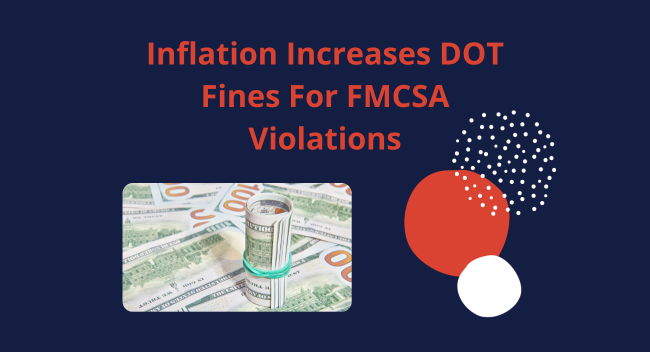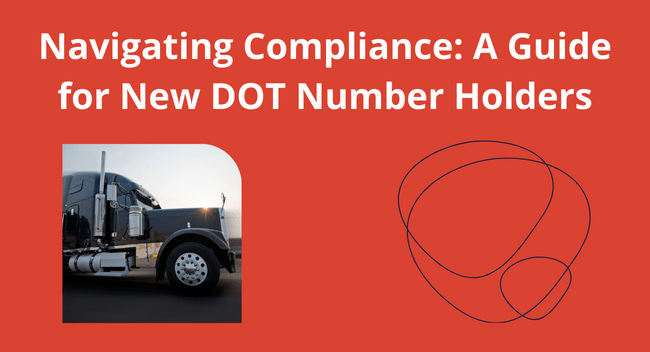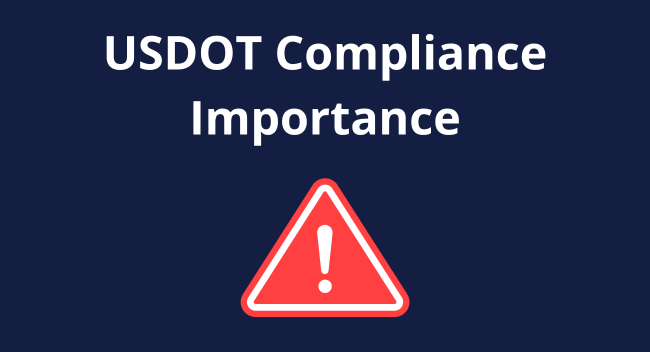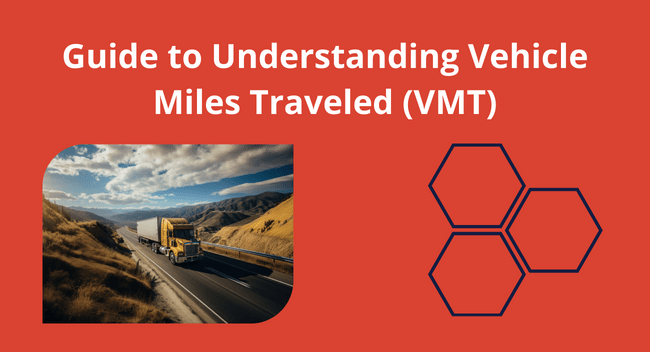Federal agencies including the USDOT and FMCSA are required to adjust their fines yearly to reflect inflation rates. Learn more about it here.
The U.S. Department of Transportation (USDOT or DOT) and the Federal Motor Carrier Safety Administration (FMCSA) work closely together to ensure the safety and compliance of transportation companies in the United States.
The USDOT sets the overall policy and regulatory framework for transportation, while the FMCSA is responsible for enforcing motor carrier safety regulations, including drug and alcohol testing program requirements.
Failure to comply with regulations for the USDOT and FMCSA can result in significant fines for companies. However, due to inflation, these fines have recently been increased.
How Inflation Caused the Increase of USDOT Fines for FMCSA Violations
The Federal Civil Penalties Inflation Adjustment Act of 1990 requires federal agencies to adjust their civil penalties for inflation annually.
The purpose of this act is to ensure that the penalties remain an effective deterrent against violations by keeping up with the rising cost of living.
The FMCSA adjusts its fines annually based on the Consumer Price Index, which measures inflation rates. As a result, the average fine for FMCSA violations has increased over time to keep up with inflation.
This means that transportation companies, personnel driving commercial motor vehicles, and other members of the transportation industry must be more vigilant to ensure that they remain compliant with FMCSA regulations.
On January 6, 2023, the FMCSA released a final rule that raised the fines for specific USDOT regulation violations. Existing penalties from the previous year will be multiplied by × 1.07745 to reflect inflation.
USDOT Fines for Non-Compliance and FMCSA Violation Fines 2023
Here are some of the key changes in the final rule released by the FMCSA, along with its corresponding non-compliance penalty value in the previous year and the current year:
Failure to respond to a subpoena (minimum penalty):
- Former: $1,195
- Current: $1,288
Failure to respond to a subpoena (maximum penalty):
- Former: $11,956
- Current: $12,882
Out-of-service order (operation of commercial motor vehicle (CMV) by a driver)
- Former: $2,072
- Current: $2,232
Out-of-service order (failure to cease operations as ordered)
- Former: $29,893
- Current: $32,208
Conducting operations during suspension or revocation
- Former: $26,269
- Current: $28,304
Knowing the falsification of records
- Former: $13,885
- Current: $14,960
Non-recordkeeping of violations
- Former: $16,864
- Current: $18,170
Non-recordkeeping of violations by drivers
- Former: $4,216
- Current: $4,543
Commercial driver’s license (CDL) violations
- Former: $6,269
- Current: $6,755
Financial responsibility violations
- Former: $18,500
- Current: $19,933
Operating after being declared unfit: ‘‘unsatisfactory’’ safety rating (general)
- Former: $29,893
- Current: $32,208
Tariff violations
- Former: $179,953
- Current: $193,890
Unauthorized disclosure of information
- Former: $3,600
- Current: $3,879
For a comprehensive list, refer to pages 4 to 6 of the FMCSA Final Rule 2023.
What Are Common USDOT and FMCSA Violations?
Here are some common USDOT and FMCSA violations that drivers and all concerned personnel must be aware of:
- Hours of service (HOS) violations: Drivers exceeding the allowed driving hours, not taking required breaks, or failing to maintain accurate logs.
- Driver qualification violations: Employing drivers who lack a valid commercial driver’s license (CDL), have a suspended license, or do not meet medical or training requirements.
- Vehicle maintenance violations: Failing to inspect, repair, and maintain vehicles according to regulations or using vehicles with safety defects.
- Drug and alcohol testing violations: Not conducting required pre-employment, random, post-accident, or reasonable suspicion drug and alcohol tests or employing drivers who have tested positive.
- Incorrect or incomplete records: Failing to maintain accurate records for HOS logs, vehicle inspections, driver qualifications, and drug and alcohol testing.
- Cargo securement violations: Improperly securing cargo, leading to potential hazards or accidents.
- Hazardous materials (Hazmat) violations: Transporting hazardous materials without proper permits, training, placarding, or documentation.
- Weight and size violations: Exceeding the legal limits for vehicle weight, length, or width.
- Insurance and operating authority violations: Operating without the necessary insurance coverage or authority from the FMCSA.
- False log violations: Drivers or carriers falsifying HOS logs or other records to conceal regulatory violations.
What Are Some Tips for Avoiding USDOT Non-Compliance Fines?
To avoid USDOT non-compliance fines, consider the following tips:
- Stay informed: Regularly review and stay updated on USDOT and FMCSA regulations to ensure you are aware of any changes or updates.
- Implement a strong compliance program: Develop a comprehensive compliance program that includes regular training, documentation, and monitoring to ensure adherence to rules and regulations.
- Conduct regular audits: Perform internal audits to identify potential areas of non-compliance and address them proactively.
- Maintain accurate records: Keep thorough and up-to-date records of all required documentation, such as driver qualifications, vehicle maintenance, drug and alcohol testing, and hours of service.
- Train employees: Provide ongoing training to employees on USDOT and FMCSA regulations, and ensure they understand their responsibilities.
- Address violations promptly: If a violation is discovered, take immediate action to correct it and implement measures to prevent future occurrences.
- Establish clear communication channels: Ensure open lines of communication between management and employees to discuss concerns or questions related to compliance.
- Seek professional advice: Consult with industry experts like DOT Compliance Group or legal counsel to ensure your company’s policies and procedures align with regulatory requirements.
Learn More About Our USDOT Compliance Programs
Staying compliant with FMCSA regulations is essential to protecting your company from costly fines. DOT Compliance Group provides comprehensive compliance programs and consultation services that can help keep you in USDOT compliance.
Contact us today at https://www.dotcompliancegroup.com to learn more.








0 Comments